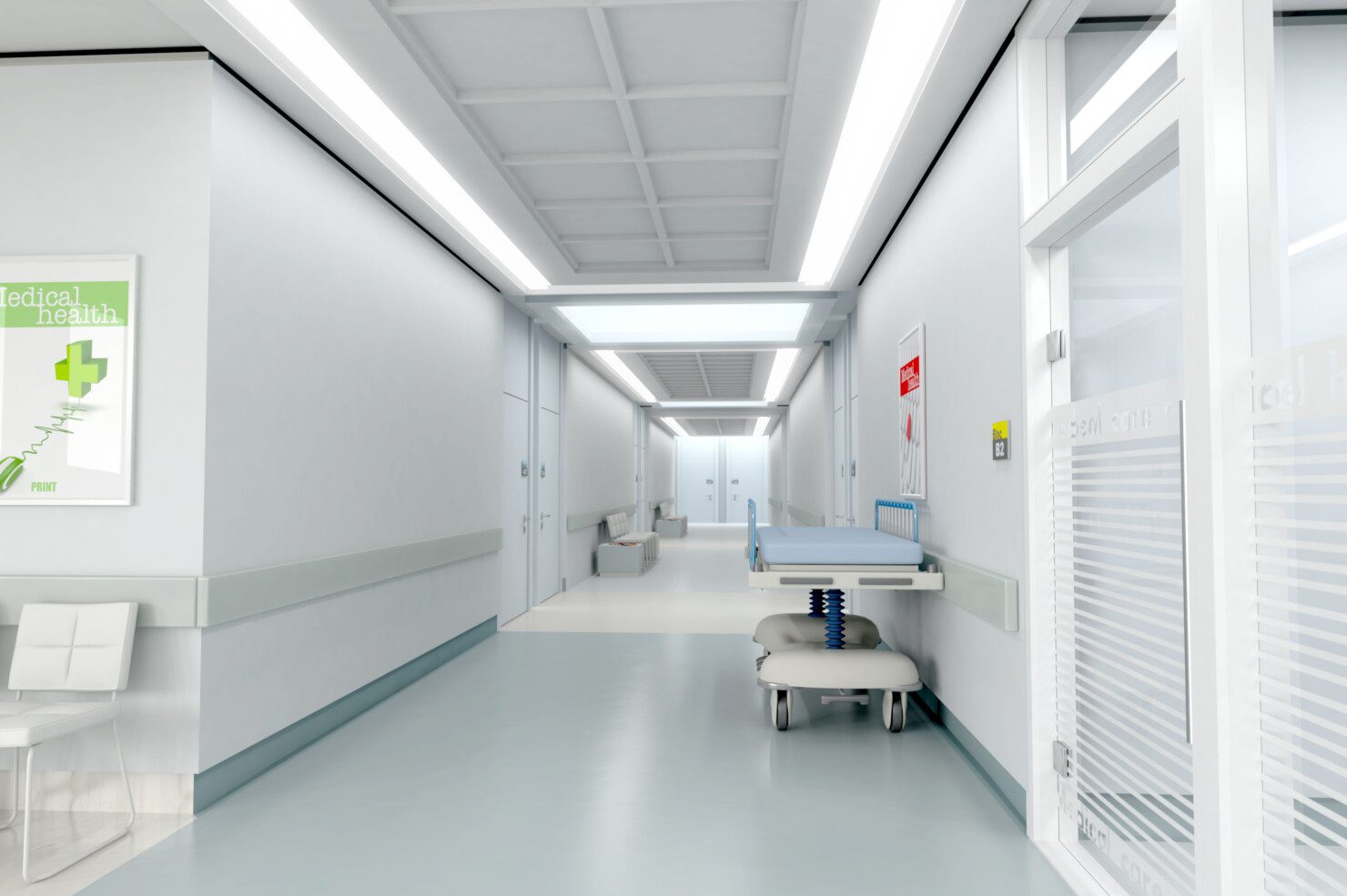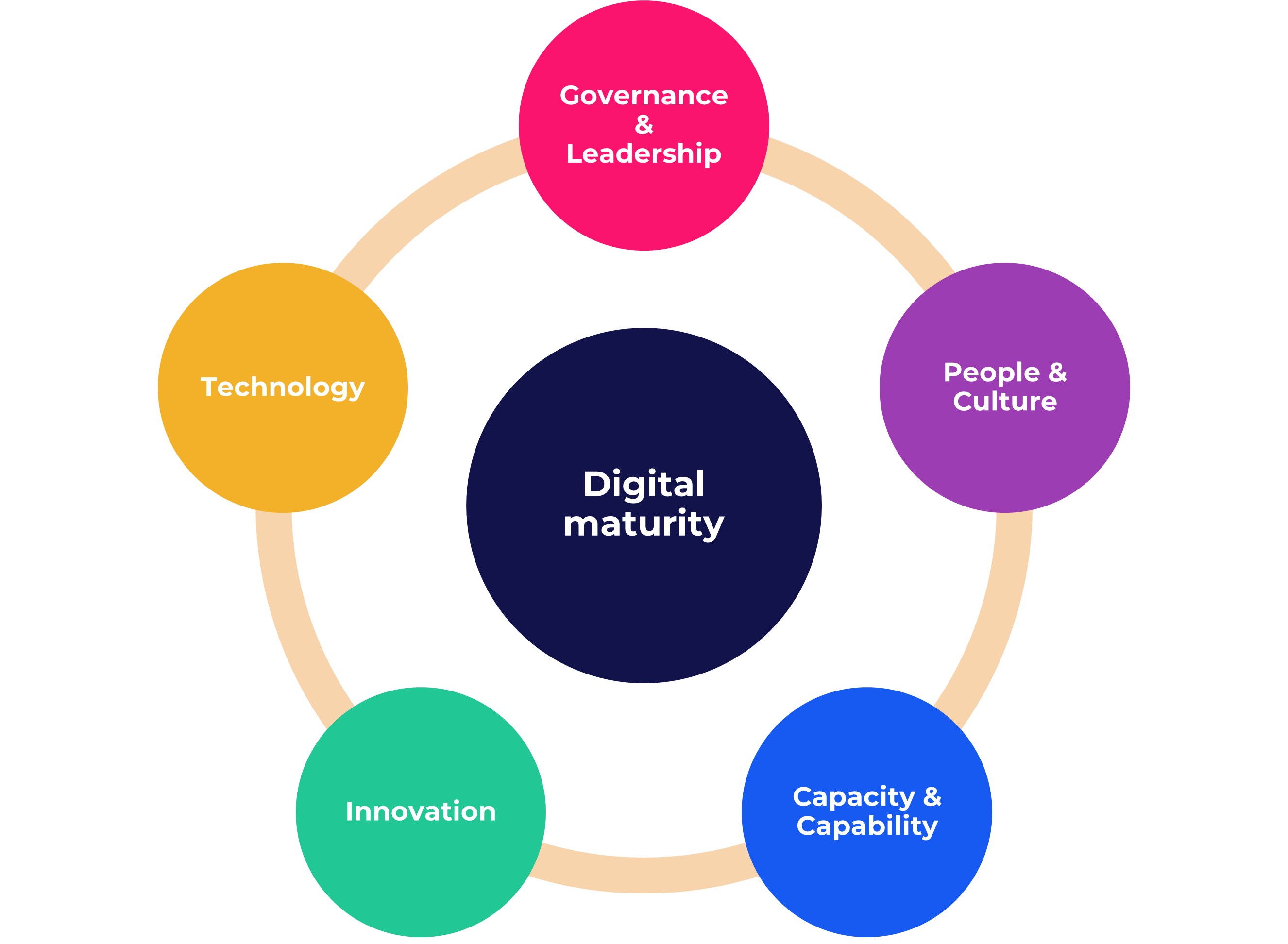
Our client is Victoria’s largest public health service. Caring for a quarter of Melbourne’s population, they provide safe, high-quality care from pre-birth to end-of-life.
Client
Withheld
Industry
Healthcare
Organisation Size
18,000
Country
Australia
Technologies
M365
Context
Throughout the pandemic email correspondence for our client had been at an all-time high. Their on-premises email system, Exchange Server 2013, was unable to keep up with high demand and with its end-of-life quickly approaching, enhancements were unable to be developed.
To solve this issue, they migrated to M365 with a positive impact felt immediately. Exchange Online provided employees with improved access to their email and calendars, plus a personalised inbox to organise important messages. In addtion, the migration also resulted in a security uplift and opportunities to enhance information management.
However, leaders and employees soon became aware that M365 offered a much larger potential to improve the digital workplace experience. It became clear they needed a digital roadmap to help shape their digital future and prioritise activities, whilst also maximising their investment.
Engage Squared was delighted to complete a holistic review of our client’s digital environment and develop a digital roadmap to set them up for success.
The challenge
With their previous email related issues now solved, our client was on a mission to transform the rest of their digital landscape thanks to the possibilities of their M365 investment. With 18,000 employees across Australia, they wanted to create an easy-to-use digital workplace that provided secure, integrated, intuitive, flexible, reliable, and consistent access to tools and information available for all employees.
Although their email challenges had been solved, adoption across M365 was met with resistance and lacked a people-focussed change management strategy. The need to improve highly manual and paper-based processes was being felt across the organisation. Staff had reported feeling overwhelmed and fatigued by antiquated technology and poor processes, internally joking that they needed to “axe the fax” and move things online.
With technology now able to fill the gaps of manual processes, our client wanted to plan ahead and identify which transformations aligned with their organisational needs. A team of experts were hired internally to lead this project, as they solicited feedback from the organisation to understand which transformations should be prioritised. Through this feedback it was agreed that developing a digital roadmap with the help of external experts would guide the business needs over the next 5 years.
Through our familiarity and understanding of our client’s environment, we were delighted to develop their ‘Digital Communication and Collaboration Strategy Roadmap’ and leverage our knowledge in the next stage of defining their digital future.
The key areas their digital roadmap needed to address were:
- Access to tools and information, regardless of role, location, or device
- Putting the employee experience at the forefront of digital workplace decisions
- Seamlessly integrating internal and external tools into the digital workspace
- Smarter governance and adoption with measurement and analytics
- Reducing complexity of processes
- Reduction of costs
Our approach
The project was delivered through three phases: Discovery, Analysis and Digital Roadmap development.
Discovery
The discovery phase was focused on developing a more detailed understanding of our client’s key functions, its people, and the technical landscape. During this time, we consulted with the project team, leaders, and business stakeholders from across the business. This included hospital administrators, specialist health service providers, communications, human resources, and governance.
The activities included a technical assessment, digital maturity assessment, reviews of existing plans and documentation, and a series of workshops with stakeholders. In total over 80 representatives were engaged in discussions and workshops. With the focus on enhancing clinical experiences, it was appropriate that 72% of the representatives were from clinical settings.
Overall, the discovery phase resulted in developing an understanding of the current state environment, a co-created understanding of key challenges and opportunities and an understanding of important factors to consider including privacy, contractual obligations, and regulatory requirements.
Analysis
The analysis phase allowed us to take key findings from the discovery activities by combining the opportunities into relevant segments of work. For each segment the key dependencies, critical technical enablers and licensing requirements were considered. Furthermore, key benefits and a high-level impact assessment were articulated.
The outcome of this phase was a list of recommended initiatives aligned to the ‘Modern Collaboration Architecture’ framework. Employees were highly enthusiastic about the opportunity to create their digital workspace.
Three clear themes emerged for their digital workplace:
- Easy to use
- Mobile friendly
- Safe and secure
Digital Roadmap
With our research conducted, we began developing a digital roadmap. We provided an overview of the activities which need to be completed to successfully roll out M365, address employee pain points and digitise existing manual and paper-based processes. The organisation had indicated a high desire to mature current practices and therefore the digital roadmap not only provided guidance on implementing new digital tools, but also on the supporting governance, information management and change management required to sustain the investment and support people adopting new ways of working.
The outcome of this phase was a Digital Communication and Collaboration Strategy Roadmap, inclusive of resourcing recommendations which were used by the project team to develop their business case and costings proposal.

The result
The Digital Communication and Collaboration Strategy Roadmap provided our client with clarity about which projects to prioritise to maximise improvements for its employees.
The digital roadmap reinforced that their intranet is a highly valued resource and destination for people to discover news, find people and surface the information they need. It also highlighted the critical need to implement solutions which would enable audience targeting and the ability to prioritise urgent communications.
Lastly, the outcome of the project has enabled the organisation to make investment decisions which will enable employees to leverage the M365 suite of products.

